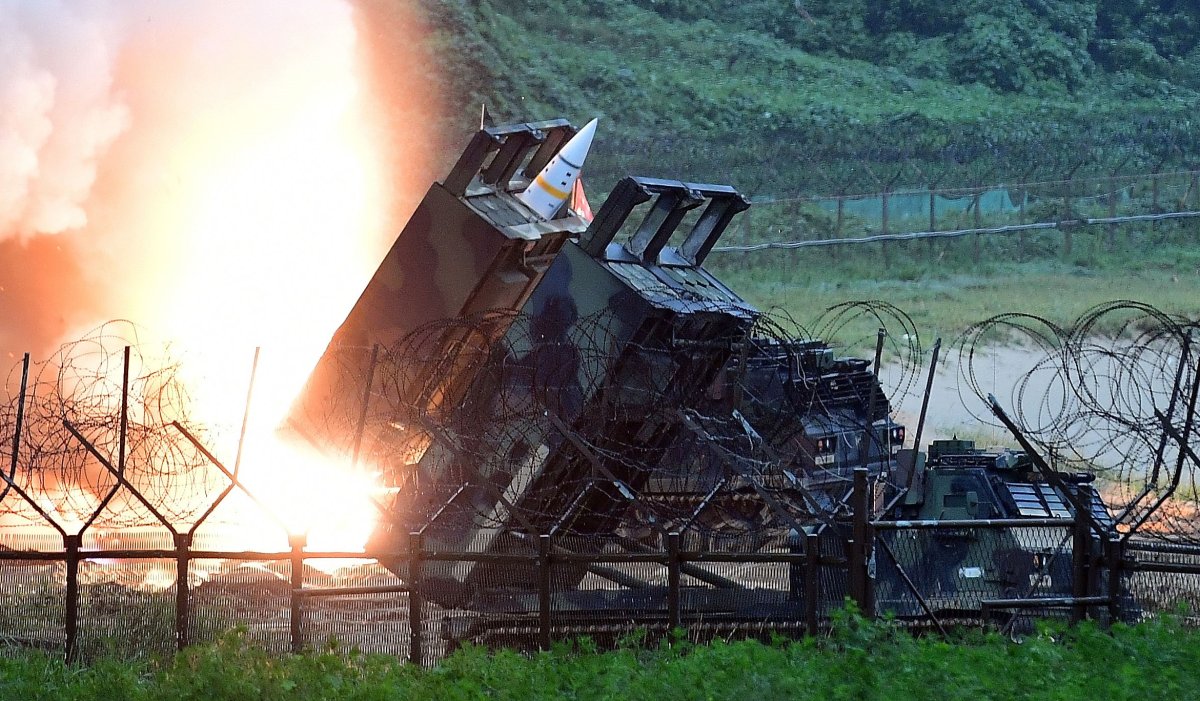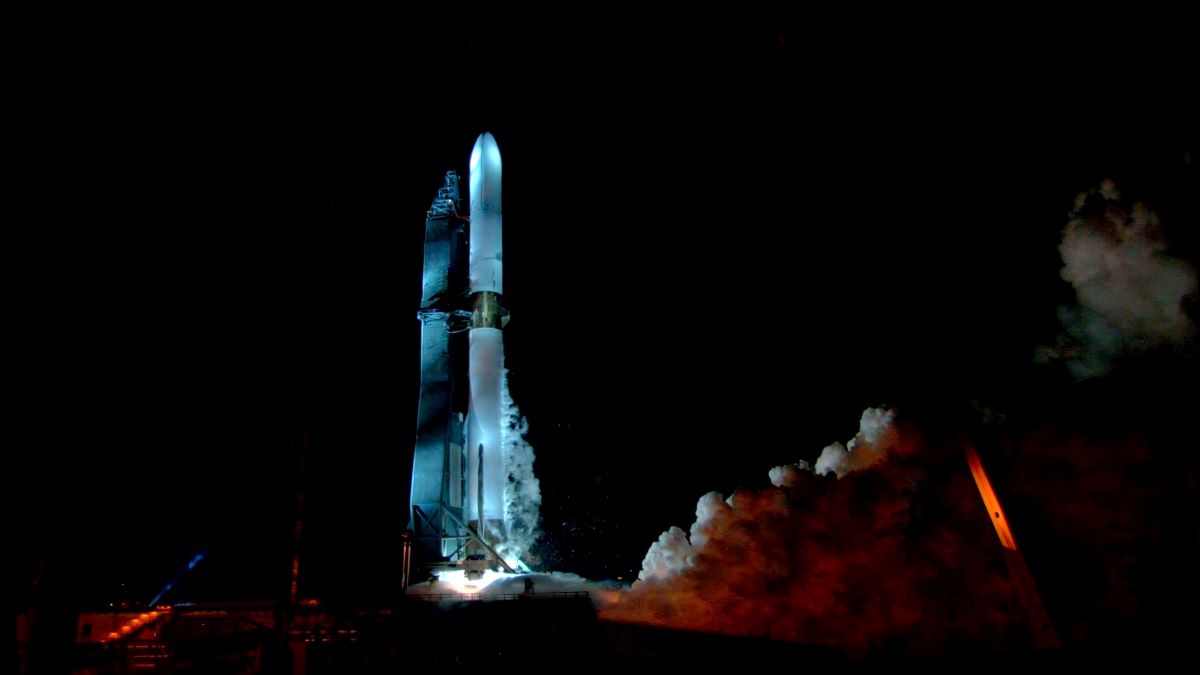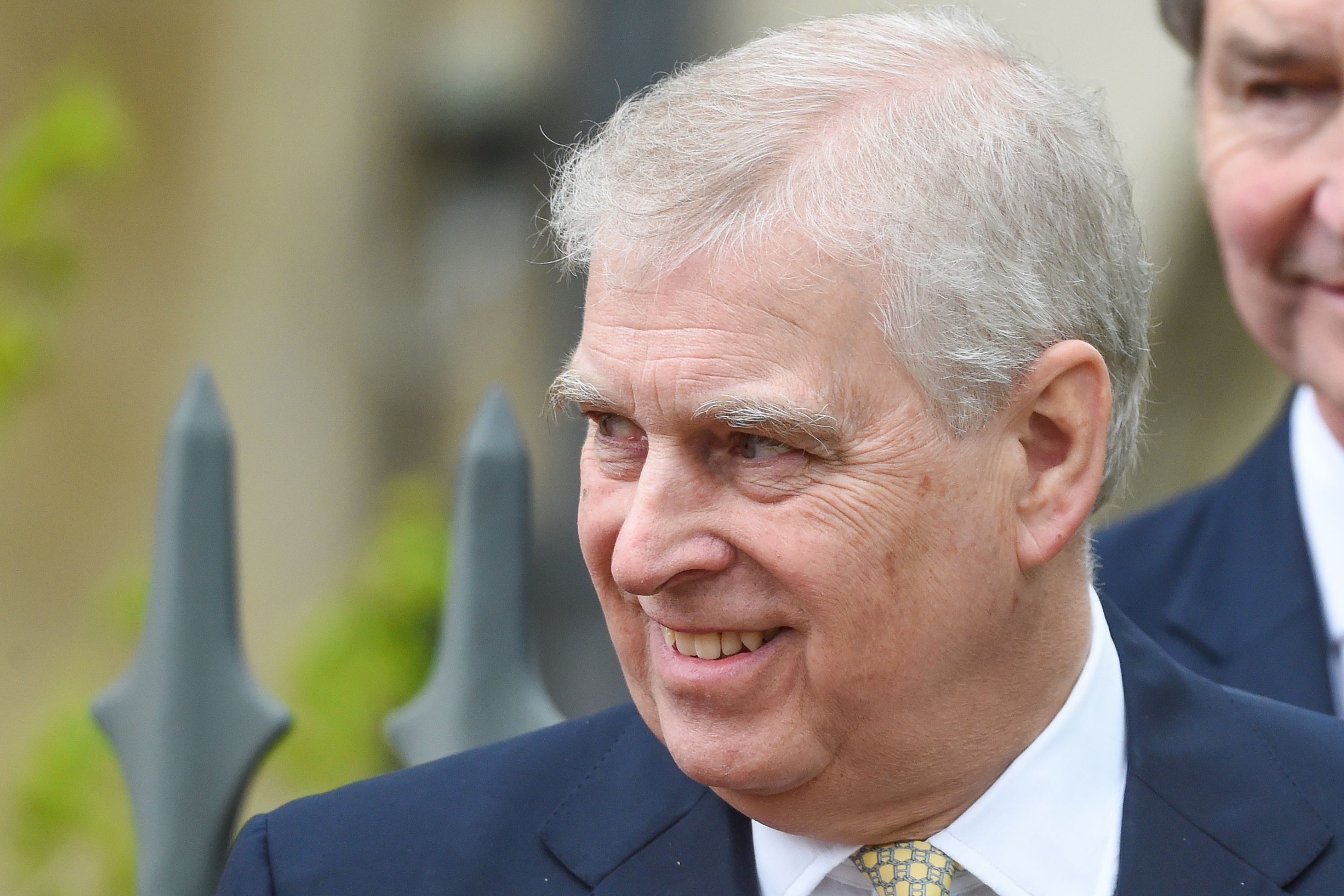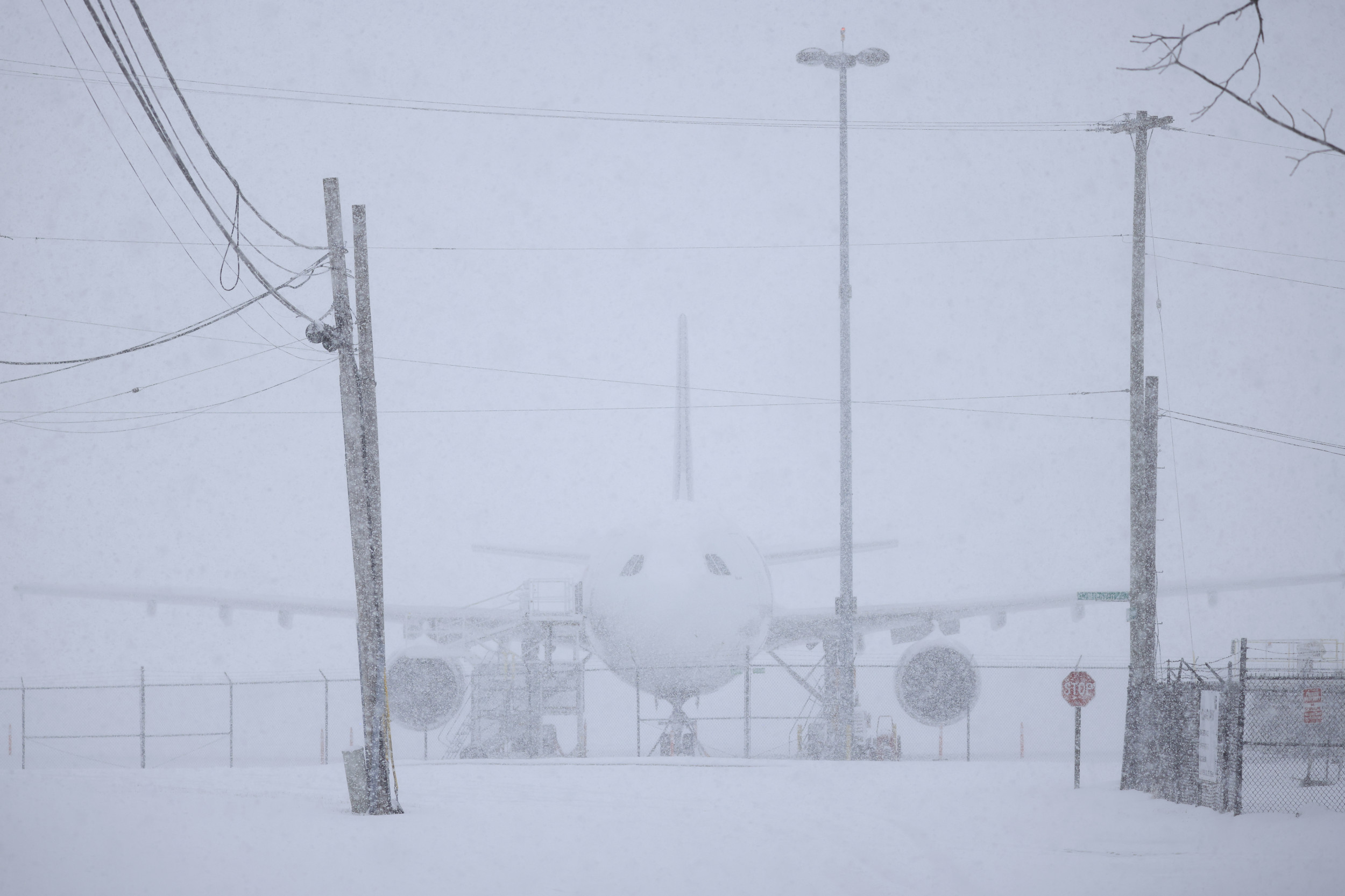President Joe Biden's reported decision to let Kyiv use U.S.-supplied weapons to strike inside Russia could help the Trump administration tackle the conflict, a former commanding general of the United States Army Europe has said.
The New York Times recently reported that Biden has dropped the prohibition of weapons such as ATACMS to strike inside Russia, a decision shaped in part by North Korea's deployment of troops to fight alongside Russia against Ukraine's forces in the Kursk region. The U.S. has not confirmed the report.
The Kremlin said on Monday that such a move would lead to a rise in tensions and increase Washington's involvement in the war, which Moscow has frequently portrayed as a proxy conflict with the West.
Retired U.S. Lieutenant General Ben Hodges told Newsweek that such a decision by Biden would be "a gift to Trump, who can hopefully leave the policy in place as a start point of leverage depending on what he intends to do."
President-elect Donald Trump has repeatedly criticized the U.S.'s continued military aid to Kyiv and has insisted he could end the fighting with a deal. Russian state media cited an unnamed source in the incoming Trump administration as saying Biden's decision could be "revised." Newsweek has contacted Trump's team and the White House for comment by email.

Hodges, who has frequently called for Ukraine to be allowed to use long-range weapons, said on Monday that Biden's decision was "late but never too late," though he questioned a remaining restriction, adding, "It is still restricted to the Kursk area. Why?"
The retired lieutenant general described the move as "an improved policy—but still not tethered to any clearly defined strategic objective."
What effect Biden's reported decision has on the battlefield, where Russia is said to have the upper hand, depends on what limits on the weapons remain, and while the missiles may help the Kursk operation, U.S. officials told The New York Times the decision is unlikely to fundamentally change the war.
Hodges believed ATACMS could help disrupt Russian and North Korean attacks on the Kursk bridgehead by destroying headquarters, artillery and logistics sites.
They also "should open the door" for the U.K. and France to allow the Storm Shadow and SCALP missiles they supply to Kyiv to be used for long-range strikes in Russia.
"Hopefully, it will put more pressure on Berlin and [Chancellor Olaf] Scholz to change their policy," regarding Taurus cruise missiles, Hodges added.
Germany is Ukraine's second-biggest donor of military aid, but Scholz has chosen not to equip Ukraine with German-made long-range Taurus missiles. A spokesperson for the German government said on Monday that its policy regarding such long-range strikes remained unchanged.
"Expect to see a lot of hits on North Korean troops, which should send a message to Pyongyang," Hodges added.
Jon Finer, the U.S. deputy national security adviser, did not confirm the report about Biden's decision and referred to Kremlin spokesperson Dmitry Peskov's comments that such a move would add "fuel to the fire."
Finer accused Moscow of escalating the war through the use of North Korean troops and by increasing aerial attacks on infrastructure in Ukraine. "I would put the question back to Russia about who's actually putting fuel on the fire here," Finer said. "I don't think it's the Ukrainians."

















:quality(85):upscale()/2024/04/24/878/n/3019466/36c5693c662965c5d1ce91.72473705_.jpg)


 English (US) ·
English (US) ·